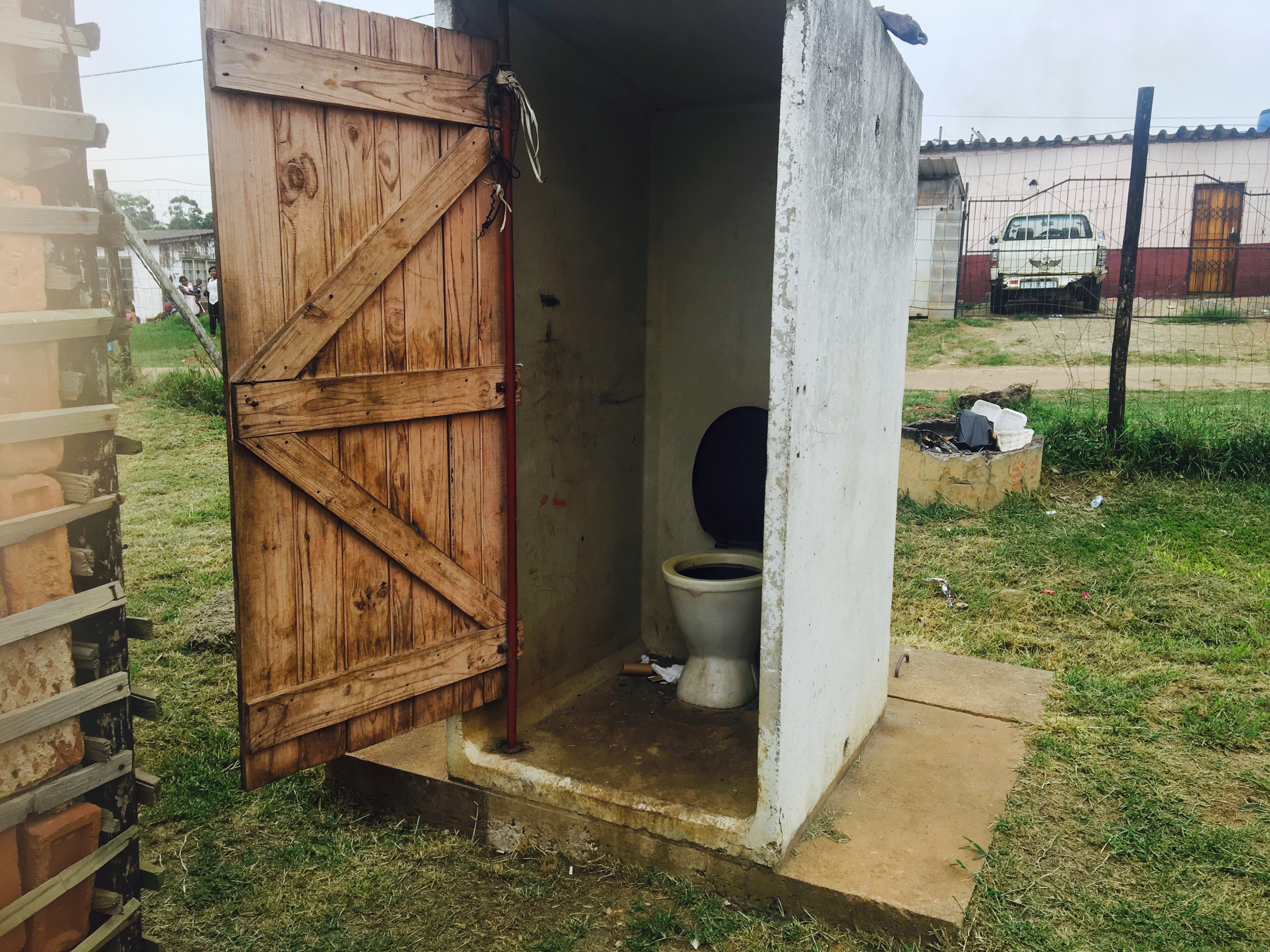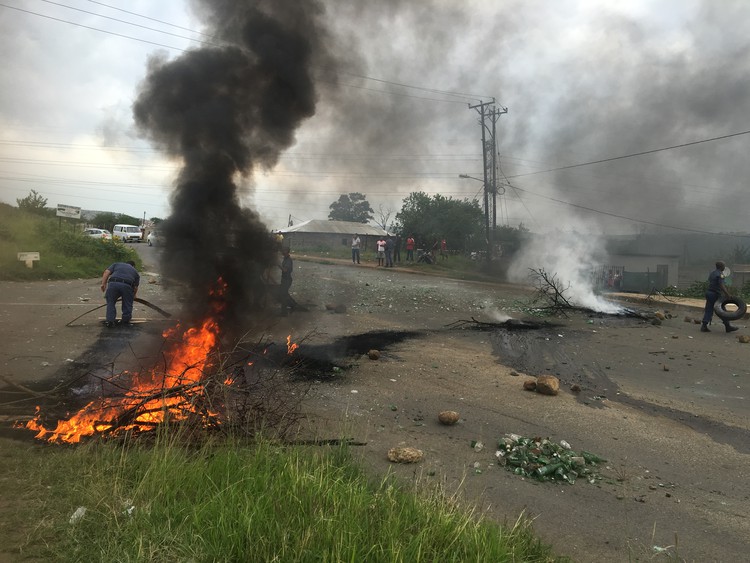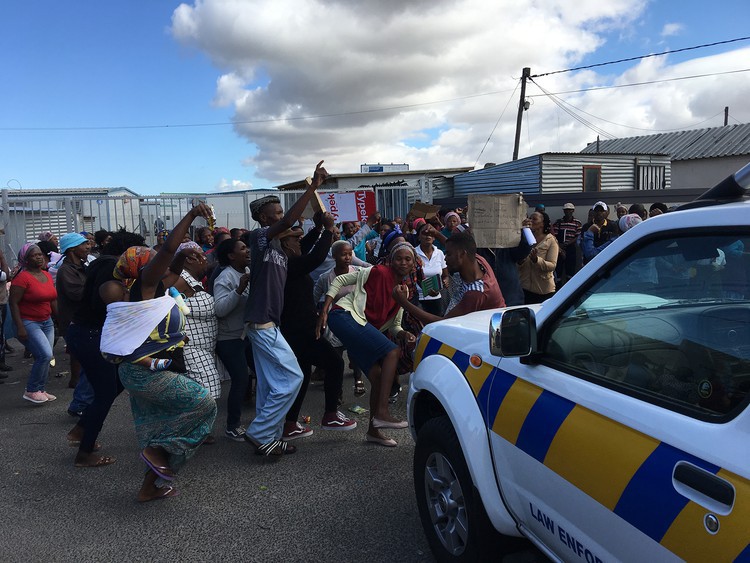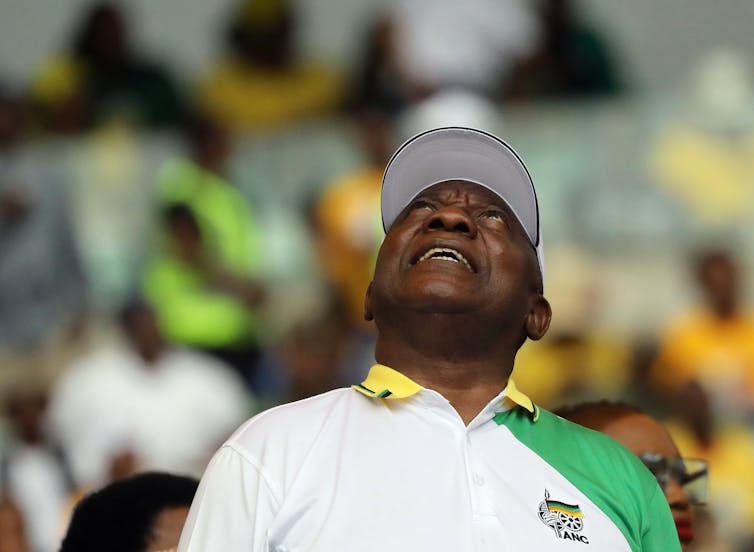Msunduzi municipality doesn’t listen, say residents
Pietermaritzburg protesters are angry that their pit toilets have not
been emptied since last year. They have threatened to throw waste onto
the road if their complaints are not heard by the Msunduzi municipality.
“We will take buckets full of waste and spill them onto the road so that they take us seriously,” said protester Jabulani Mazibuko as residents of Slangspruit, Denmark, in Pietermaritzburg blocked roads with trees and burning tyres on Tuesday afternoon.
The protesters are complaining that their toilets have not been emptied since last year. In nearby France location, in the same ward, residents are also complaining about blocked toilets. According to ward councillor Sibongile Mncwango there have been problems with payments to the drainage company contracted by the Msunduzi municipality.
Broken bottles thrown on the road on Tuesday stopped drivers from using the road leading to Imbali township. Police removed burning trees to allow the traffic to flow.
Residents of Denmark protested about the toilets in June 2017 and again early in 2018.
They are also complaining about electricity cuts which they say damage their appliances.
“Since November we have been requesting our ward councillor to assist us in emptying the toilets,” said Mazibuko. “Residents did not enjoy Christmas because of the smell and flies. We bought chemicals to lower the waste but the chemicals work for a short time.”
“We have had meetings with the municipality. They have promised to attend to the matter. Nothing has been done.”

Mazibuko said when electricity was restored after cuts, appliances
were broken. “On Monday the guys from the municipality were fixing the
transformer. They did not finish what they were doing. The transformer
was left open on the road.”
Sandile Mseleku said his fridge was broken after electricity cuts last week. “Almost every resident here has appliances broken. We buy globes almost every week because globes burn. We are tired. Even when we visit the municipality offices we are labelled as a nuisance. They know we have problems but they don’t attend to them,” said Mseleku.
Ward councillor Mncwango said she had reported the electricity cuts to the municipality. She said trucks had been sent to Denmark to empty the toilets “but they broke”.
“I had explained that there has been a problem of funds from the municipality’s side because the trucks were outsourced,” said Mncwango. She said she had promised residents she would raise the matter at the full council.
We are awaiting comment from the municipality.
By Nompendulo Ngubane
© 2019 GroundUp.“We will take buckets full of waste and spill them onto the road so that they take us seriously,” said protester Jabulani Mazibuko as residents of Slangspruit, Denmark, in Pietermaritzburg blocked roads with trees and burning tyres on Tuesday afternoon.
The protesters are complaining that their toilets have not been emptied since last year. In nearby France location, in the same ward, residents are also complaining about blocked toilets. According to ward councillor Sibongile Mncwango there have been problems with payments to the drainage company contracted by the Msunduzi municipality.
Broken bottles thrown on the road on Tuesday stopped drivers from using the road leading to Imbali township. Police removed burning trees to allow the traffic to flow.
Residents of Denmark protested about the toilets in June 2017 and again early in 2018.
They are also complaining about electricity cuts which they say damage their appliances.
“Since November we have been requesting our ward councillor to assist us in emptying the toilets,” said Mazibuko. “Residents did not enjoy Christmas because of the smell and flies. We bought chemicals to lower the waste but the chemicals work for a short time.”
“We have had meetings with the municipality. They have promised to attend to the matter. Nothing has been done.”

Residents have protested several times about their toilets not being emptied by the municipality. Photo: Nompendulo Ngubane
Sandile Mseleku said his fridge was broken after electricity cuts last week. “Almost every resident here has appliances broken. We buy globes almost every week because globes burn. We are tired. Even when we visit the municipality offices we are labelled as a nuisance. They know we have problems but they don’t attend to them,” said Mseleku.
Ward councillor Mncwango said she had reported the electricity cuts to the municipality. She said trucks had been sent to Denmark to empty the toilets “but they broke”.
“I had explained that there has been a problem of funds from the municipality’s side because the trucks were outsourced,” said Mncwango. She said she had promised residents she would raise the matter at the full council.
We are awaiting comment from the municipality.
By Nompendulo Ngubane


